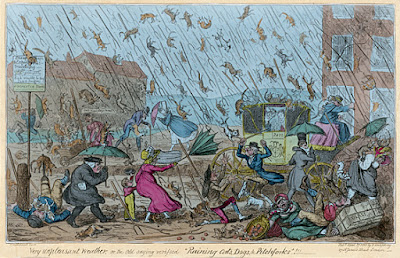Apparently the Bank of England is inviting us to nominate our suggestions for who should appear on the face of the new £5, £10, £20 and £50 banknotes. Despite the fact that no-one carries actual paper money any more. I know, they're made of plastic now, not paper.
For reference the current notes show:
£5 – Winston Churchill
£10 – Jane Austen
£20 – J.M.W. Turner
£50 – Alan Turing
Not sure there is some kind of value assertion here, perhaps that Turing (a genius) has been 5 times more consequential than Jane Austen (anyone could have written her stuff, even an infinite number of monkeys). I feel there should be, so my contributions are value-added:
£5 - Andre Arshavin scoring 4 goals for Arsenal in one match against Liverpool. Of course he's Russian so that might be controversial. Especially with Liverpool fans
£10 - Maradona scoring a beautiful winner for Argentina against England in the World Cup quarter final in Mexico in 1986. Of course it should actually have been just an equaliser because his first goal was scored with his hand. For me Maradona was the GOAT but the Hand of God might not appeal to the Bank of England.
£20 - Geoff Hurst scoring a hat-trick to win the World Cup for England in 1966. No brainer.
£50 - Ray Kennedy scoring the winner at Tottenham's White Hart Lane ground in 1971, winning the League title for Arsenal in so doing. I was there. We went on to win the League/FA Cup double.
I've just checked out the eligibility rules (probably should have done that first):
- They must be dead so no Arshavin or Hurst
- Don't have to be British or even born in Britain all the above OK
- Must have made a lasting, positive impact on British society in some way sorry Diego
- Real person not fictional
- Not divisive, politically explosive or otherwise controversial Diego strike #2
So some revision is required. The Banknote Character Advisory Committee has recently decided on six themes: notable historical figures, nature, architecture and landmarks, arts/culture/sport, noteworthy milestones, and innovation. I think this means our selections must be themed within one of these. Seems I've gone for either arts/culture/sport or noteworthy milestones, so I have to choose which and then revise within that. Here I go:
£5 - Arnold Schoenberg’s first twelve-tone composition: “Suite for Piano, Op. 25”, written between 1921 and 1923.
£10 - Elvis Presley, first worldwide famous rock n roll star, hugely influencing the development of 20th century popular music
£20 - Pablo Picasso and Georges Braque, founders of cubism am I allowed two faces?
£50 I was going to stick with Ray Kennedy but that would probably be seen as divisive by my Tottenham readers (and the Committee) so I've gone for Emma Lazarus: “Give me your tired, your poor, Your huddled masses yearning to breathe free...” [The New Colossus] on the Statue of Liberty.
None of these are British but I've followed the rules. It's pretty disappointing (although obviously not for him) that Geoff Hurst is still alive. His time will surely come, I don't doubt. I probably should check to see if any of these have previously been used but I'll leave that to the Committee.
I very much look forward to readers' suggestions. No Boaty McBoatface please.





